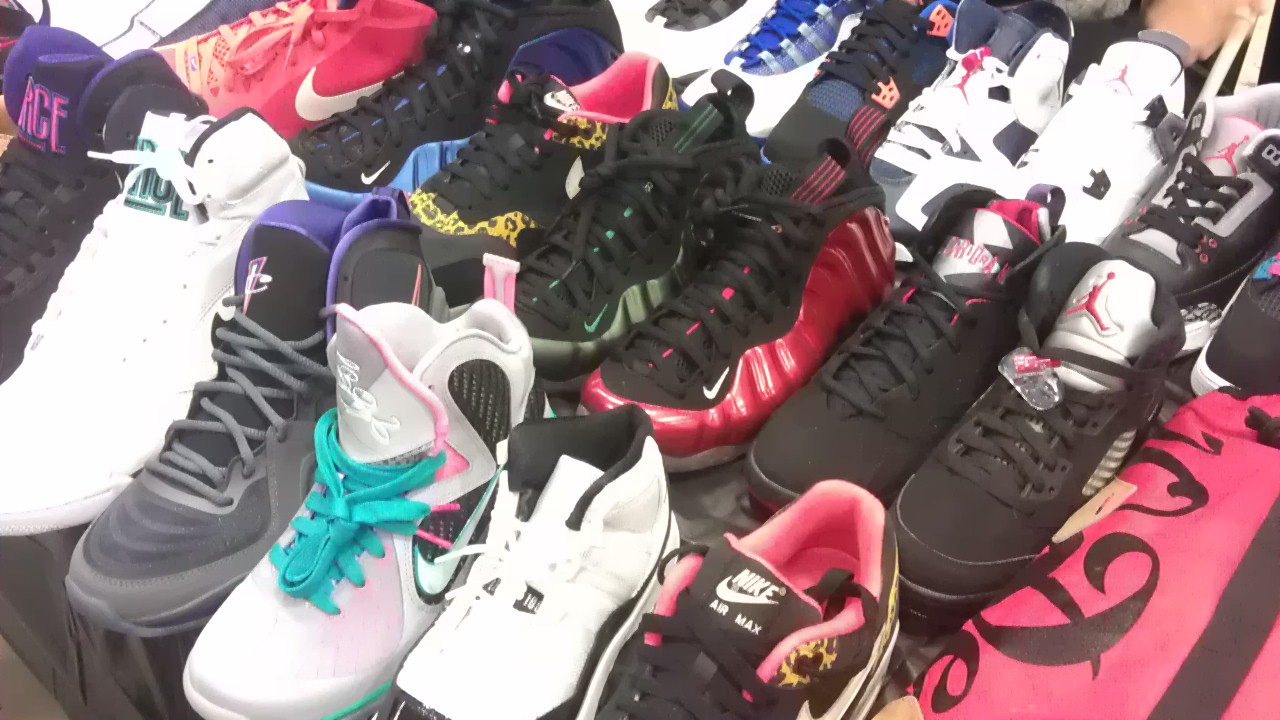The 2016 Los Angeles Angels of Anaheim are not going to be invited to this year’s post season tournament, so that leaves fans to relax and just enjoy the incredible defensive plays performed by Kole Calhoun, Mike Trout, and Andrelton Simmons and root for Albert Pujols to climb ever higher into the upper echelon of baseball’s home run hitting immortals. But even while enjoying these delights, with the Angels being so decidedly out of contention, the mind tends to wander a bit, and I got to wondering which Angels, by position, recorded the highest OPS+ in a season. With fifty-five seasons of Angel baseball in the history books, it seemed like there would be some impressive numbers on this list, and I wasn’t disappointed.
Catcher, Brian Downing, 1979

First Baseman, Don Mincher, 1967

Second Baseman, Bobby Grich, 1981

Third Baseman, Troy Glaus, 2000

Tune in tomorrow to check out the shortstop spot in this lineup.
Add The Sports Daily to your Google News Feed!
